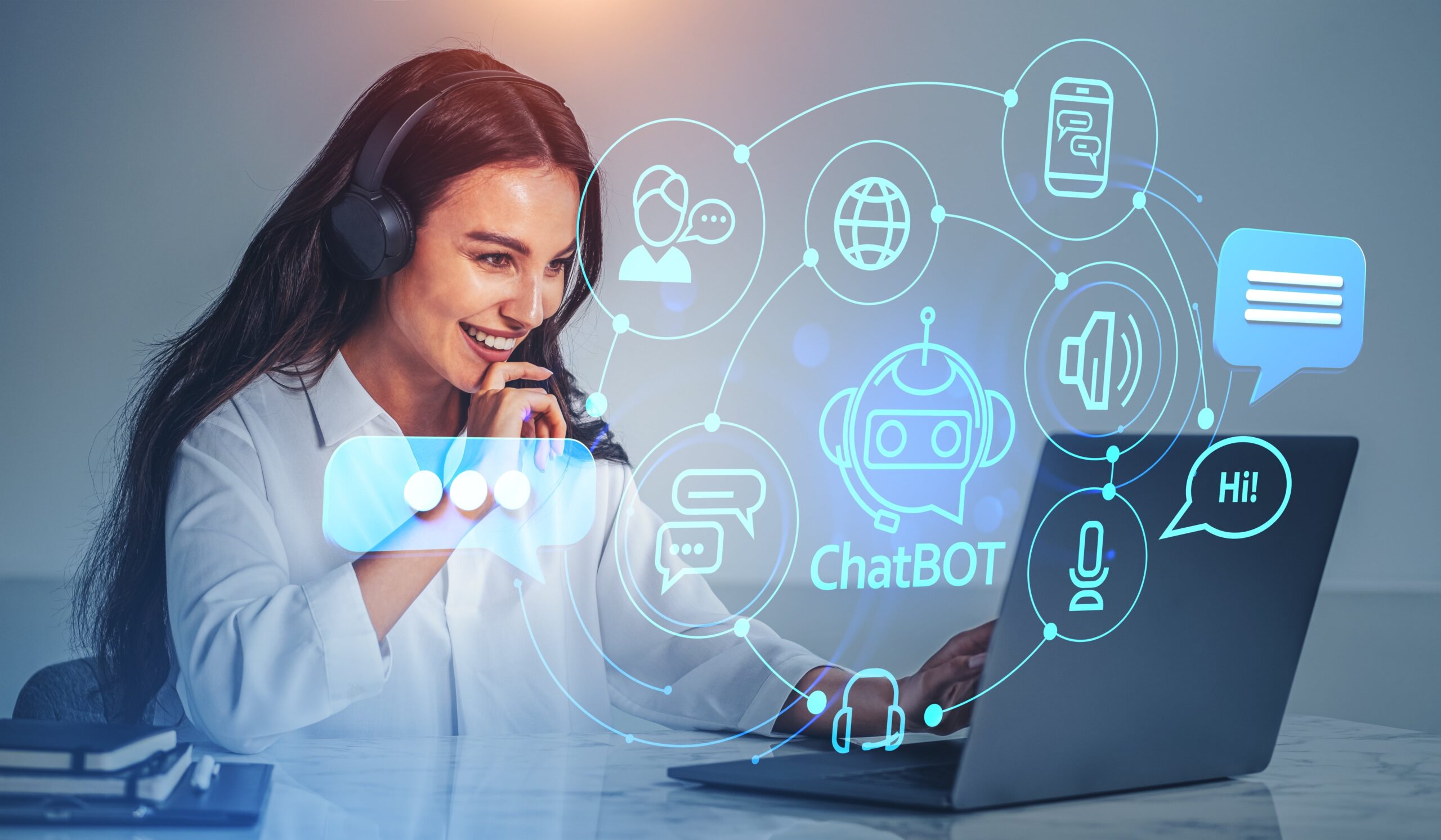- How smart chatbots can aid the recruitment process
- Using chatbots to strengthen employer branding and company cultures
The processes of attracting, hiring, and working with employees require constant conversations – in fact, having these conversations could be said to be the main job of HR leaders and departments. These days, there are more ways than ever before to have these conversations. Instant messaging services and videoconferencing tools enable HR departments to communicate with employees from anywhere. An emerging trend is that of AI-based chatbots, which can converse with people in ways that are becoming increasingly similar to those that a human would. Conversational AI is opening up new opportunities for HR departments and making HR processes more efficient. They can also improve the employee experience, allowing workers to quickly and easily access or communicate important information at any time. Chatbots can also enable organisations to strengthen their digital employer branding, which improves recruitment, engagement, and retention.
How smart chatbots can aid the recruitment process
Recruitment is one area in which smart chatbots have shown particular promise. Sixty-three per cent of decision-makers in recruitment believe that chatbots are on the way to becoming vital for recruitment processes. Chatbots can not only improve the candidate’s experience but can also improve the recruiting organisation’s digital employer branding. The ability to be available to answer questions at any time of day or night, and provide highly accurate information and resources, make chatbots much more efficient than human workers at many tasks. AI algorithms are constantly improving, and chatbots are getting better and better at matching candidates to opportunities that suit their backgrounds, qualifications, requirements, and even their subjective personal goals. According to LinkedIn, organisations with strong employer branding spend around 50 per cent less per hire and experience much shorter hiring processes. IT consulting firm Jacques Raud Consulting used a smart chatbot called Joonbot to communicate with candidates and ended up increasing their conversion rate by an impressive 130 per cent in the three months after implementing the solution.
Using chatbots to strengthen employer branding and company cultures
Many chatbots can even be customised to reflect an organisation’s specific branding, tone of voice, and values and apply these consistently. For best results, chatbots should be optimised to match the kind of communications and values displayed on all other company material and channels, from websites and social media posts to internal communications. Recruiters and HR managers can collaborate with marketing departments in this regard. Finnish insurance firm Turva used a customised chatbot to reflect the local dialect where they are based. Turva’s Development Manager for Customer Tools and Development stated: “The most important thing was to create the same personal touch and feel via chat that is noteworthy in our face-to face service. We also wanted to create a personality behind the chat and that is how ‘Teppo’ (the chatbot) was born”.
Chatbots can reinforce and improve company cultures in general, keeping employees engaged and satisfied throughout their time at an organisation. As well as helping streamline HR-related communications between employees and employers, smart AI chatbots can also optimise their conversational style for each individual. With machine learning (ML) technologies becoming rapidly more advanced, this trend is only likely to accelerate. Chatbots could be used to obtain feedback and insight from employees on their experience in ways less awkward or ineffective than a human HR manager could. They could also be used for providing technical support or access to important resources when needed. Chatbots can also be free of human biases (even unconscious ones) that harm employee experiences and company cultures, especially when it comes to diversity and equity.
Closing thoughts
While smart chatbots can improve company cultures and digital employer branding by streamlining and improving many processes, it remains essential for organisations to continue with other efforts in this regard. Chatbots and other AI-based technologies are best used alongside supportive and well-trained leaders, and HR departments have an important role to play here. Instead of simply handing over all tasks to chatbots, HR managers should work alongside them, integrate them smoothly into company cultures and processes, and be ready to step in to provide a human perspective when needed.




